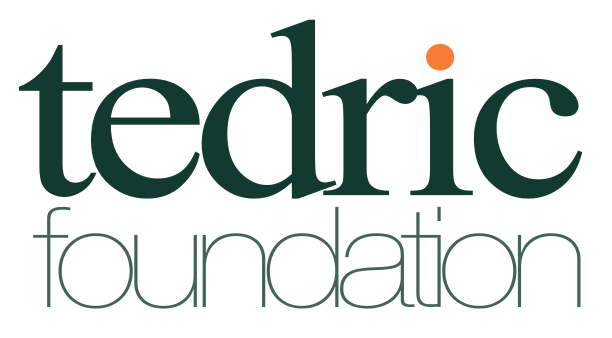Types of Government Systems
Governments play a central role in shaping the lives of people, managing resources, and guiding national policies. Across the world, different countries adopt different systems of governance based on their histories, cultures, and political ideologies. While no two governments are exactly alike, they generally fall into several broad categories, each with its own strengths and challenges.
Types of Government Systems
- Democracy
In democratic systems, power is vested in the hands of the people. Citizens vote to elect their leaders and have the right to participate in decision-making. Examples include the United States, Germany, and India. Democracies often emphasize human rights, freedom of speech, and regular elections. - Republic
A republic is a form of democracy where the country is considered a “public matter,” and officials are elected to represent the people. Most modern democracies, such as France and Brazil, are also republics. - Monarchy
Monarchies are led by kings, queens, or emperors. Some, like the United Kingdom and Sweden, are constitutional monarchies, where the monarch’s powers are limited by law and political decisions are made by elected officials. Others, like Saudi Arabia, are absolute monarchies, where the monarch has significant or total control. - Communism
In communist states, the government usually controls all means of production and resources. These governments aim to eliminate class distinctions and promote equality. Examples include China, Vietnam, and Cuba, although many have adopted market reforms in recent decades. - Authoritarian and Totalitarian Regimes
These systems concentrate power in the hands of one leader or a small group, with limited political freedoms. North Korea is a prominent example. In such systems, opposition is often suppressed, and citizens may have little or no role in governance. - Federal vs. Unitary Systems
In federal systems (e.g., USA, Canada, India), power is shared between a central government and individual states or provinces. In unitary systems (e.g., France, Japan), the central government holds the majority of the power.
Challenges Facing Modern Governments
Today’s governments face complex challenges that transcend borders:
- Climate Change: Requires global cooperation and responsible policymaking.
- Economic Inequality: Managing fair wealth distribution while fostering growth is a key concern.
- Technological Disruption: Rapid changes in technology are affecting jobs, privacy, and security.
- Conflict and Migration: Governments must navigate wars, refugee crises, and international diplomacy.
- Public Trust: In many countries, citizens are losing trust in institutions, leading to social unrest and political polarization.
The Role of International Cooperation
Organizations like the United Nations (UN), European Union (EU), and World Health Organization (WHO) play vital roles in promoting peace, health, and development. Through diplomacy and treaties, governments work together on issues that no single nation can solve alone.
Conclusion
World governments may differ in structure and ideology, but their ultimate purpose is the same: to serve and protect their people. As global challenges grow more interconnected, cooperation, transparency, and good governance are more important than ever.
